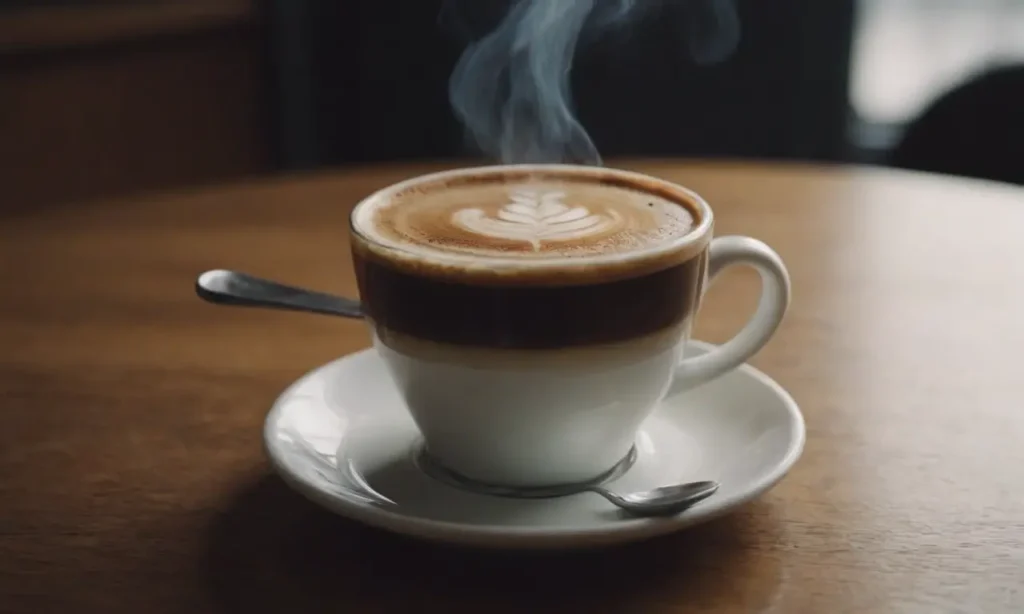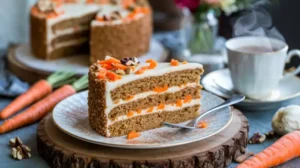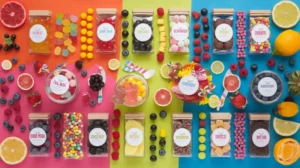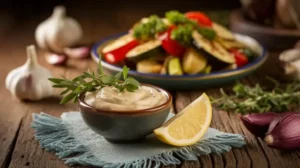If you’re curious about just how much caffeine is lurking in your cup of filter coffee, you’re in for an enlightening read.
Whether you’re monitoring your intake for health reasons or just wondering why your heart feels like it’s auditioning for a drum solo after three cups, this blog has you covered.

The Caffeine Basics
Caffeine is a natural stimulant found in coffee beans, tea leaves, and even some chocolates (yes, your mocha addiction makes sense now).
It’s the compound responsible for that invigorating kick that helps us survive Monday mornings. But not all coffees are created equal, and the amount of caffeine in filter coffee can vary depending on several factors.
How Much Caffeine is in Filter Coffee?
The caffeine content in filter coffee typically ranges between 70 and 140 milligrams per 8-ounce cup (240 ml). Yes, that’s a wide range. Why the variability? It boils down to factors like the type of coffee bean, grind size, brewing time, and even the coffee-to-water ratio.
Here’s a breakdown:
| Factor | Impact on Caffeine Content |
|---|---|
| Bean Type | Robusta beans have ~2x more caffeine than Arabica. |
| Grind Size | Finer grind = more surface area = higher caffeine extraction. |
| Brewing Time | Longer brewing extracts more caffeine. |
| Water Temperature | Hotter water extracts more caffeine (optimal is ~90-96°C). |
| Coffee-to-Water Ratio | More coffee per cup = higher caffeine content. |
Comparing Filter Coffee to Other Brews
To put things into perspective, let’s see how filter coffee stacks up against other popular types of coffee:
| Beverage Type | Caffeine Content (Per 8 oz / 240 ml) |
| Filter Coffee | 70-140 mg |
| Espresso | 63 mg (per 1 oz shot) |
| Instant Coffee | 30-90 mg |
| Cold Brew | 150-240 mg |
Surprised? Despite its strong flavor, espresso actually contains less caffeine per serving than filter coffee. Why? Because it’s served in much smaller portions.
What Influences Your Cup’s Caffeine Content?
Let’s break down the key contributors:
1. Bean Variety
- Arabica Beans: Smooth and mildly caffeinated (~1.2% caffeine by weight).
- Robusta Beans: Bitter but packs a punch (~2.2% caffeine by weight).
Think of Robusta as that overenthusiastic friend who’s always ready to party, while Arabica is the chill buddy who prefers Netflix and a blanket.
2. Brewing Techniques
Filter coffee involves pouring hot water over ground coffee, allowing it to drip through a filter. The slow brewing time (4-6 minutes on average) maximizes flavor extraction—and caffeine.
3. Serving Size
The bigger the cup, the more caffeine. Simple math, really. A standard 8-ounce cup is one thing, but if you’re chugging a 16-ounce mug, double the numbers.
Tips to Control Your Caffeine Intake
If you’re jittery after just one cup or want to avoid hitting your daily caffeine limit, here’s how you can manage:
1. Switch to Decaf
Decaf doesn’t mean caffeine-free. It typically contains 2-5 mg per cup, but it’s a great option if you love coffee without the buzz.
2. Opt for Arabica Beans
Lower in caffeine, these beans are ideal for those who enjoy a gentler kick.
3. Mind Your Portions
Smaller servings mean less caffeine. If you’re prone to over-caffeination, consider downsizing your cup.
Did you know that the world’s most caffeinated coffee, “Death Wish Coffee,” contains about 728 mg of caffeine per 12-ounce cup?
That’s like drinking five cups of regular filter coffee in one go. Proceed with caution (and maybe a life insurance policy).
Is Filter Coffee Right for You?
Filter coffee is a fantastic choice for anyone who loves a balanced flavor profile and a moderate caffeine boost.
Unlike espresso, which can feel like a punch to the system, filter coffee offers a smoother, more sustained energy release—perfect for sipping while tackling your to-do list.
Final Thoughts
Filter coffee’s caffeine content is as much about science as it is about art. From bean selection to brewing technique, every detail plays a role in crafting that perfect cup.
Whether you’re a coffee connoisseur or just someone who needs caffeine to function, understanding what’s in your cup empowers you to make the best choice for your lifestyle.
And hey, if all else fails, remember: coffee is a hug in a mug, caffeine or not. Cheers to your next brew!




